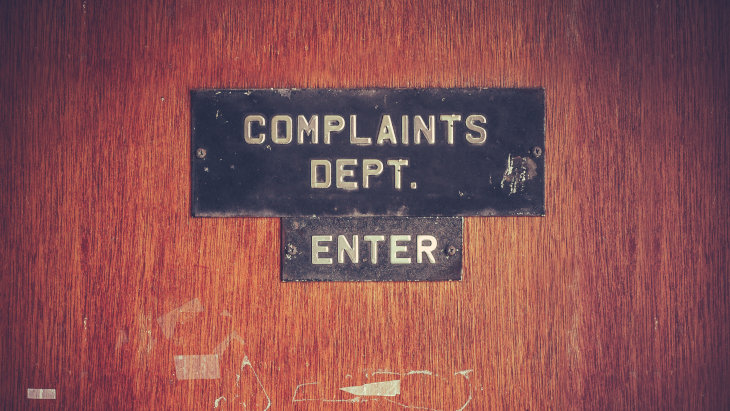 Vampire Weekend's Surprising Jewish Stories
Vampire Weekend's Surprising Jewish Stories


4 min read
3 min read
7 min read
4 min read
We spend far too much of our lives complaining and robbing ourselves of the opportunity of joy in the moment.
While Jews on the East Coast frequently battle cold and/or rain (and even sometimes snow!) to sit in the sukkah, those of us on the West Coast have the opposite problem – the heat! Last week it was in the nineties. In addition, LA, usually a mosquito-free environment seems to be overrun by them this year (apparently, they usually spray for them but during COVID neglected to do so). That doesn’t even count all the flies attracted by the honey (and all the other sweet foods at the table). And the bees…
Sitting in the sukkah can be a real challenge to our comfort! If we let it. I knew where our conversation would go, what our meal would be like. “It’s so hot.” “Can’t we get one of those fly zappers?” “I’m going inside.”
And I knew how I would feel. “I worked so hard to cook this meal and no one’s eating it” would be my first thought. My second (and slightly more elevated) thought would be “Where’s the focus on Sukkot, on the joy of the holiday?!” “Can’t we put aside our physical discomfort for the moment to concentrate on the spiritual opportunity?!
So I made a rule, a rule that was met with a chorus of moans and groans: No complaining about the weather or the bugs in the sukkah! (Recognizing the tremendous ability of human beings to find something to complain about, I should have made the rule a little broader.) It pretty much worked, although the 90+ weather wilted all of us and the meal did end a little sooner that I would have liked…
Not only should I have broadened the scope of the rule, but it shouldn’t be limited to Sukkot only. We spend far too much of our lives complaining and robbing ourselves of the opportunity of joy in the moment.
My husband’s grandmother, who lived to the ripe old age of 98, had her own rule. “Never complain about the things you can’t change.” She accepted the gradual limitations on her abilities and movements with equanimity and held fast to her rule. It definitely stood her in good stead. But I would extend her rule as well.
Why should we complain about the things that can be changed?! Either we need to change them, or we need to accept them. Complaining only heightens our misery – and the misery of those around us. It is definitely not the way to win friends and influence people!
But beyond that, it’s not a pleasurable way to live and it doesn’t reflect Jewish understanding of life. Since we recognize that everything happens for a reason, even when we are in difficult or unpleasant circumstances, even when they seem to be caused by another human being, even when that human being needs to work on his or her character, there is no point in complaining. Clearly, we are meant to experience this discomfort. And clearly our goal is discovering how we can learn and grow from it.
Complaining distracts us. It uses up the energy that would be better devoted to our spiritual ascension. It provides the illusion of being productive as we waste time. In fact, it’s worse than wasting time because the more we talk about it, the more our frustration is increased and the worse we feel.
For all too many of us, complaining is almost a way of life. It’s just part of our conversation; we don’t even give it a second thought. If it’s hot we complain, if it’s cold we complain (for those fans, this sounds like a Jackie Mason routine!) but I realized something interesting on one of my trips to Israel. As hot as it was there in the summer, it didn’t bother me. I was on vacation (more or less). The same temperature in Los Angeles probably would have frustrated me. Just being on vacation put me in a different frame of mind and allowed me to accept the weather with ease.
But I don’t have to wait for vacation (or trips to Israel!) or Sukkot to adopt this understanding and to impose this rule on myself and my family. A life of no complaining is ipso facto a life of joy. What have I been waiting for?
